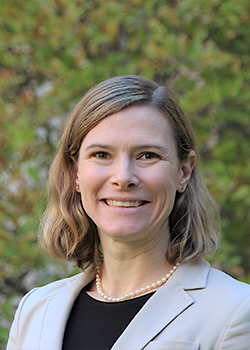-
Using geriatric assessment to guide conversations regarding comorbidities among older patients with advanced cancer.
JCO Oncology Practice, 18 (1), e9-e19.
doi:10.1200/OP.21.00196
-
The importance of continued epidemiological research on sugar-sweetened and artificially sweetened beverages.
The Journal of Nutrition, 151 (9), 2511-2512.
-
Physical activity patterns and relationships with cognitive function in patients with breast cancer before, during, and after chemotherapy in a prospective, nationwide study.
Journal of Clinical Oncology, 39 (29), 3283-3292.
doi:10.1200/JCO.20.03514
-
Longitudinal study of inflammatory, behavioral, clinical and psychosocial risk factors for chemotherapy-induced peripheral neuropathy.
Breast Cancer Research and Treatment.
doi:10.1007/s10549-021-06304-6
-
Gilmore, N. J..
Evaluating the association of frailty with communication about aging-related concerns between older patients with advanced cancer and their oncologists.
JNCI.
doi:http://doi.org/10.1002/cncr.34010
-
Cancer-related fatigue, anxiety, and quality of life in breast cancer patients compared to non-cancer controls: a longitudinal analysis.
Breast Cancer Research and Treatment, 187 (1), 275-285.
doi:10.1007/s10549-020-06067-6
-
Improving communication with older patients with cancer using Geriatric Assessment: A cluster randomized clinical trial from the NCI Community Oncology Research Program.
JAMA Oncology, 6 (2), 196-204.
doi:10.1001/jamaoncol.2019.4728
-
Pharmaceutical, psychological, and exercise interventions for cancer-related fatigue: a comparative meta-analysis.
JAMA Oncol., 3 (7), 961-968.
doi:doi:10.1001/jamaoncol.2016.6914
See a full list of published work.
